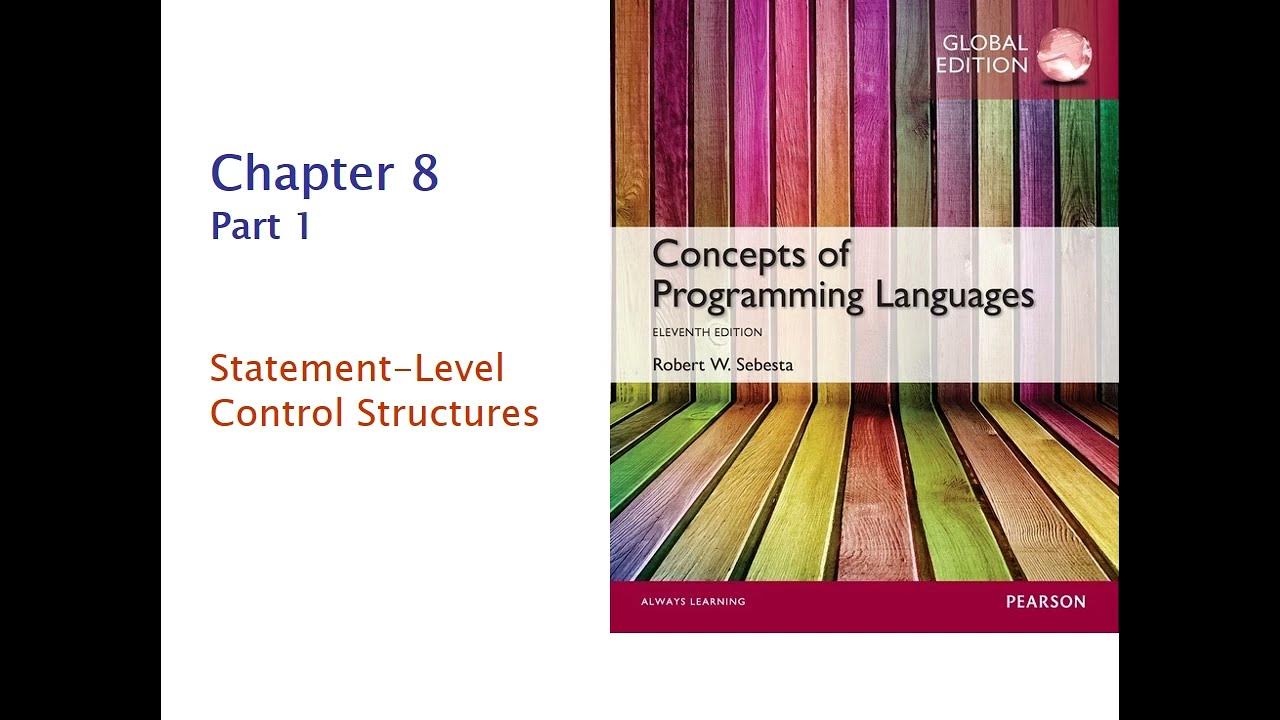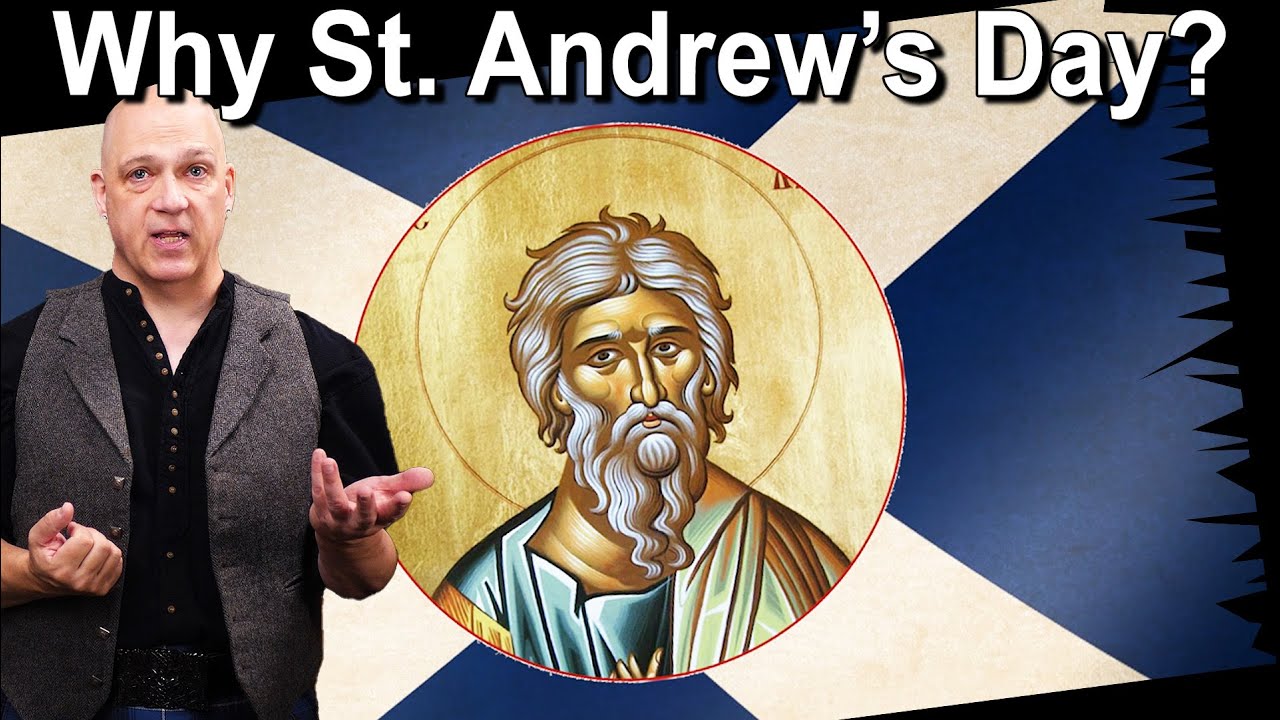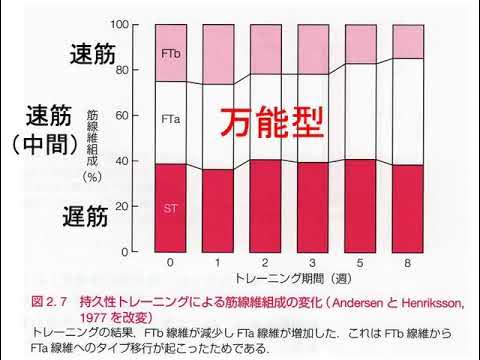COSMOLOGICAL ARGUMENT PART II
Summary
TLDRThis lecture delves into the Third Way of St. Thomas Aquinas' cosmological argument, focusing on the argument from necessity and contingency. Aquinas posits that while all beings in nature are contingent, meaning they could exist or not exist, there must be a necessary being that causes their existence. This necessary being, which exists outside of time and contingent realities, is identified as God. The lecture also explores the relationship between Aquinas’ argument and modern scientific theories like the Big Bang, arguing that even the contingent nature of the universe presupposes a necessary being, further reinforcing the existence of God.
Takeaways
- 😀 The lecture focuses on the cosmological argument for the existence of God, specifically St. Thomas Aquinas' Third Way, the argument from necessity and contingency.
- 😀 The cosmological argument explores the relationship between necessary and contingent beings, with the Third Way arguing that not all beings are contingent.
- 😀 Contingent beings are those that are possible to exist and not exist, and their existence is not guaranteed across all time frames.
- 😀 The Big Bang Theory is discussed as a scientific explanation for the universe's beginning, aligning with the concept of a contingent universe.
- 😀 According to Aquinas, if everything were contingent, nothing would exist today, because a contingent being requires a cause to exist.
- 😀 Aquinas' Third Way concludes that there must be a necessary being that exists by its own necessity and does not depend on anything else for existence.
- 😀 The necessary being, as described by Aquinas, must exist across all time frames—before, now, and after—and is the cause of contingent beings.
- 😀 Aquinas argues that the universe cannot be solely contingent because the Big Bang, as a contingent event, presupposes a necessary being.
- 😀 The Big Bang Theory, while explaining the beginning of the universe, does not explain the 'before' the Big Bang, leading to the need for a necessary cause.
- 😀 Critics of the creation theory, especially those supporting the Big Bang, argue that the concept of a 'before' the Big Bang is meaningless, as time itself began with the Big Bang.
Q & A
What is the main focus of the lecture?
-The main focus of the lecture is on St. Thomas Aquinas' Third Way in the cosmological argument, specifically the argument from necessity and contingency. The lecturer also contrasts this with the Big Bang Theory and discusses how Aquinas would relate to modern physics.
What are the five ways of St. Thomas Aquinas mentioned in the script?
-The five ways are: 1) the argument from motion, 2) the argument from efficient causes, 3) the argument from contingency and necessity, 4) the argument from gradation of being, and 5) the argument from intelligent design.
What is a contingent being, as explained in the lecture?
-A contingent being is one that is possible to exist and not exist. It comes into being at a certain point in time, and it could cease to exist at a later point. Essentially, contingent beings depend on other causes for their existence.
What does Aquinas argue regarding the nature of contingent beings?
-Aquinas argues that it is impossible for every being to be contingent because if everything were contingent, there would have been a time when nothing existed, which would mean that nothing could exist now. Therefore, not every being is contingent, and some must exist of their own necessity.
How does the Big Bang Theory fit into the argument from contingency?
-The Big Bang Theory is presented as an explanation for the contingent universe. According to the theory, the universe began with a small singularity that expanded over time. Aquinas’ argument questions what existed before the Big Bang, suggesting that a necessary being must have existed to bring the contingent universe into existence.
What is the relationship between necessary beings and contingent beings, according to Aquinas?
-A necessary being is one that exists by its own necessity and does not depend on another being for its existence. In contrast, contingent beings depend on external causes for their existence. Aquinas argues that in order for contingent beings to exist, there must be a necessary being that caused them.
Why does Aquinas argue that not every being can be contingent?
-Aquinas argues that if every being were contingent, there would have been a time when nothing existed, which would mean nothing could have come into existence. Since we observe that contingent beings do exist now, this leads Aquinas to conclude that there must be a necessary being that has always existed and causes the existence of contingent beings.
What does Aquinas mean by a necessary being?
-A necessary being is one that exists by its own nature, independently of anything else. It is not contingent and does not depend on any other being for its existence. Aquinas identifies this necessary being as God, who is the uncaused cause of all contingent beings.
How does the Big Bang Theory challenge Aquinas' argument?
-Some defenders of the Big Bang Theory argue that asking what existed before the Big Bang is meaningless because, according to the theory, time itself began with the Big Bang. They suggest that cause and effect may not apply in the pre-Big Bang universe, as laws of physics as we know them did not exist at that time.
How does Aquinas' Third Way relate to the concept of God in this argument?
-In the Third Way, God is understood as the necessary being that is the cause of all contingent beings. God’s existence is necessary because He does not receive His existence from another being, unlike contingent beings, which depend on other causes. God exists outside of time and is the uncaused cause of the universe.
Outlines

This section is available to paid users only. Please upgrade to access this part.
Upgrade NowMindmap

This section is available to paid users only. Please upgrade to access this part.
Upgrade NowKeywords

This section is available to paid users only. Please upgrade to access this part.
Upgrade NowHighlights

This section is available to paid users only. Please upgrade to access this part.
Upgrade NowTranscripts

This section is available to paid users only. Please upgrade to access this part.
Upgrade Now5.0 / 5 (0 votes)





